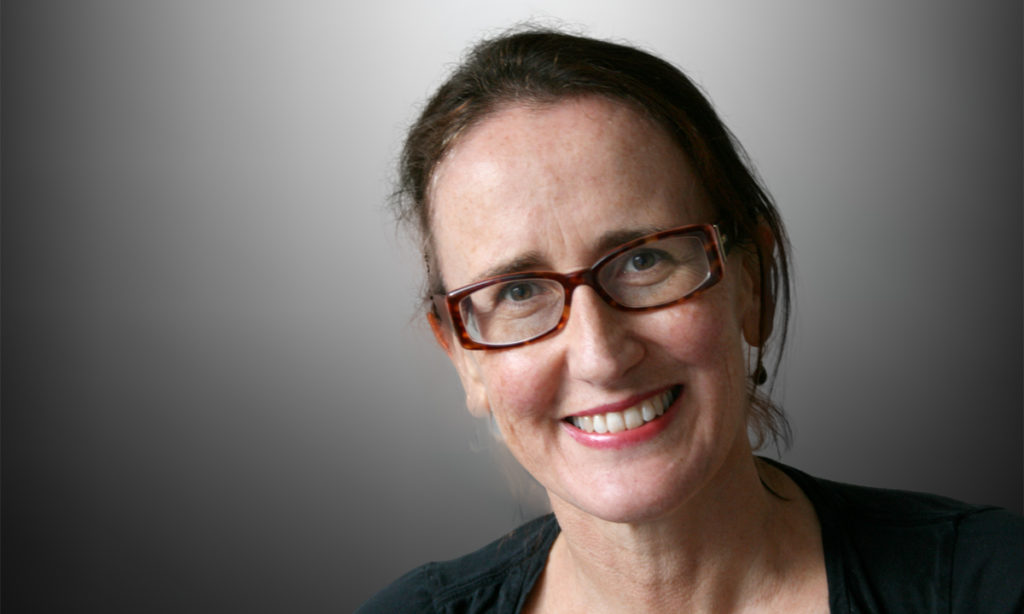I ASKED an intensive care doctor recently how he thought the antivaccination crowd would likely respond to the development of a vaccine against COVID-19.
“They’ll be first in line to get it,” he said.
It’s one thing to be anti-vaccine when you live with the illusion humans have conquered infectious diseases, quite another when a pandemic is knocking at your door.
Still, irrational beliefs have a way of hanging around even when they are demonstrably against the interest of the person who holds them.
The Texas Monthly reported back in March on a surge of anti-vaccine sentiment in that state in response to news about a potential coronavirus vaccine.
“I’ll let them vaccinate my daughter over my dead body,” one woman posted on a local Facebook group. Another suggested hiding children in the family gun safe: “Yes, it’s a big safe and yes, we love our guns.”
The New York Times reported in May on links between the antivaccination movement and “reopen America” protests around the country.
Social media is fertile ground for peddlers of misinformation and anti-vaccine activists have long exploited that.
A study published in Nature in May casts new light on why platforms such as Facebook are so conducive to the spread of conspiracy theories and other anti-science rubbish.
The team of US data scientists set out to create a map of contention around vaccines among the world’s estimated three billion users of Facebook.
What they came up with was “a multi-sided landscape of unprecedented intricacy that involves nearly 100 million individuals partitioned into highly dynamic, interconnected clusters across cities, countries, continents and languages”.
The analysis was conducted in 2019 before the current pandemic took hold but has implications for likely opposition to a COVID-19 virus, the researchers suggest.
“Our theoretical framework reproduces the recent explosive growth in anti-vaccination views and predicts that these views will dominate in a decade,” they write.
Modelling can be an imprecise science, but the research does offer some disturbing insights.
Each of the clusters studied was a Facebook page: some overtly antivaccine, others pro-vaccine, while the majority included discussion around vaccines but were classified as undecided. That last category accounted for 50 million people, or around half of those studied, and included such groups as school parent associations.
Pro-vaccine pages had more followers overall, but there were more than twice as many pages devoted to anti-vaccine rhetoric.
The proliferation of smaller anti-vaccination clusters could help explain why these pages are far more entangled with other parts of the social media network than are the bigger, perhaps more institutional, pages that support immunisation.
The pro-vaccine clusters live in a kind of splendid isolation that could mean they remain “ignorant of the main conflict and have the wrong impression that they are winning”, the researchers suggest.
The smaller anti-vax pages, on the other hand, can segment the market. Unencumbered by the need to stick to actual evidence, these pages can customise their message to draw in those whose world views share little other than a general distrust of authority, whether anti-capitalist alternative lifestyle seekers or gun-toting libertarians.
As the researchers put it, such pages offer “a wide range of potentially attractive narratives that blend topics such as safety concerns, conspiracy theories and alternative health and medicine, and also now the cause and cure of the COVID-19 virus”.
Pro-vaccination pages on the other hand tend to stick narrowly to the message, which, while creditable, makes it harder for them to arouse interest in people flicking through a social media news feed.
The Nature authors describe Facebook coverage of immunisation as “akin to a battle for the ‘hearts and minds’ of individuals in insurgent warfare”.
It’s a battle advocates for immunisation appear to be losing.
During the 2019 measles outbreak in the US, it was the anti-vaccine pages that saw the strongest growth in followers, these researchers show. Some grew by more than 300%, while no pro-vaccine page grew by more than 100% and most less than 50%.
As increasing numbers of people rely on social media as their primary source of information, those who champion science and public health are going to need to be a whole lot more creative if they want to win those hearts and minds.
Jane McCredie is a Sydney-based health and science writer.
The statements or opinions expressed in this article reflect the views of the authors and do not represent the official policy of the AMA, the MJA or InSight+ unless so stated.

 more_vert
more_vert
Hi,
I do worry about this..
Are there any proposals out there for a remedy?
Facebook won’t censor…
Any potential legislation likely to help?
Interesting to read that “Still, irrational beliefs have a way of hanging around even when they are demonstrably against the interest of the person who holds them.” In our society people are still allowed to have “deeply held beliefs” which, despite having no basis in rational science are allowed to be promulgated without any insight into the risk/benefit analysis. In the same issue there’s an article about a prominent child psychiatrist. There IS evidence that childhood indoctrination damages critical cognitive faculties for life. Just some food for thought, and I’ll await the howls of indignation.